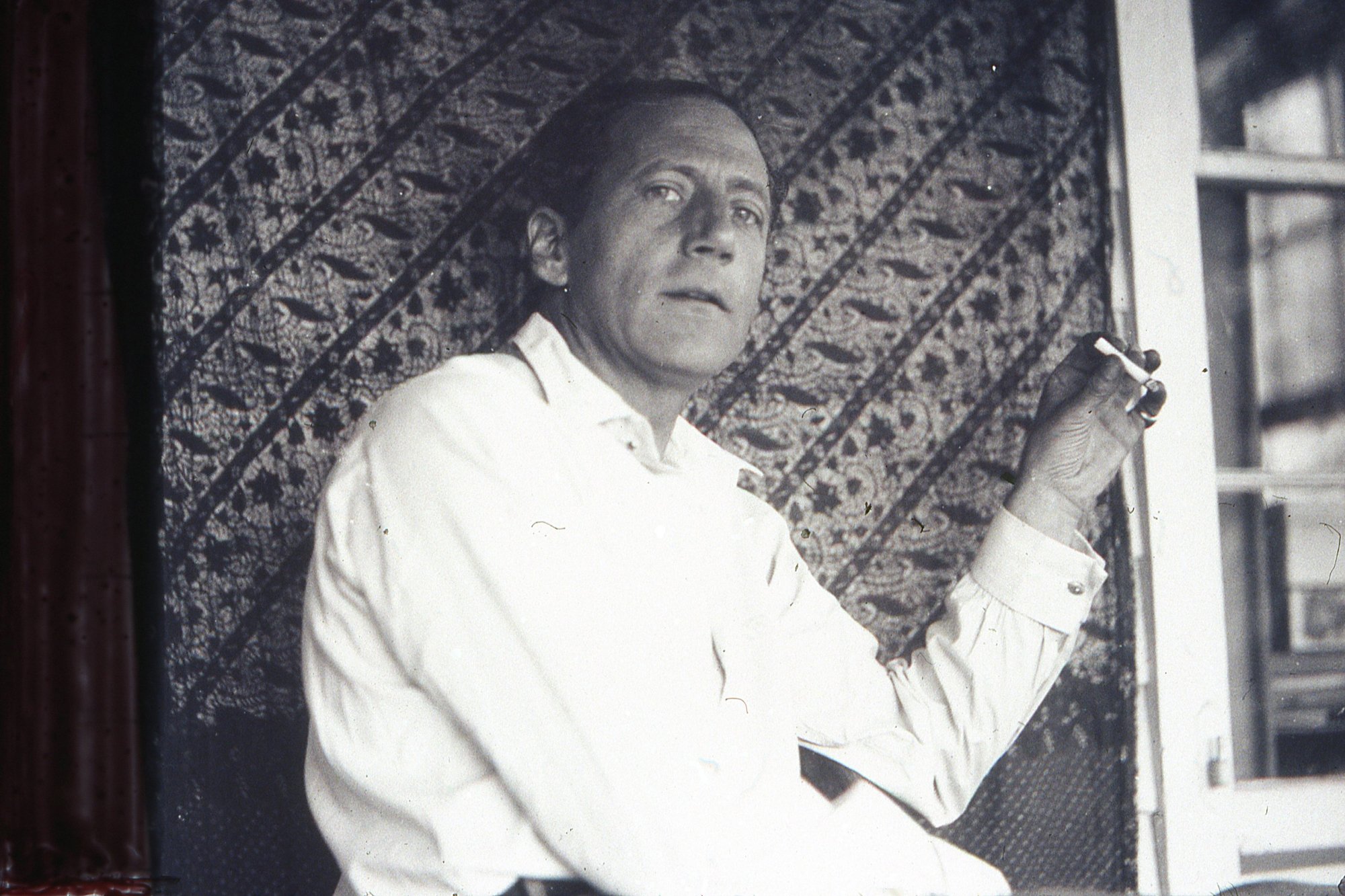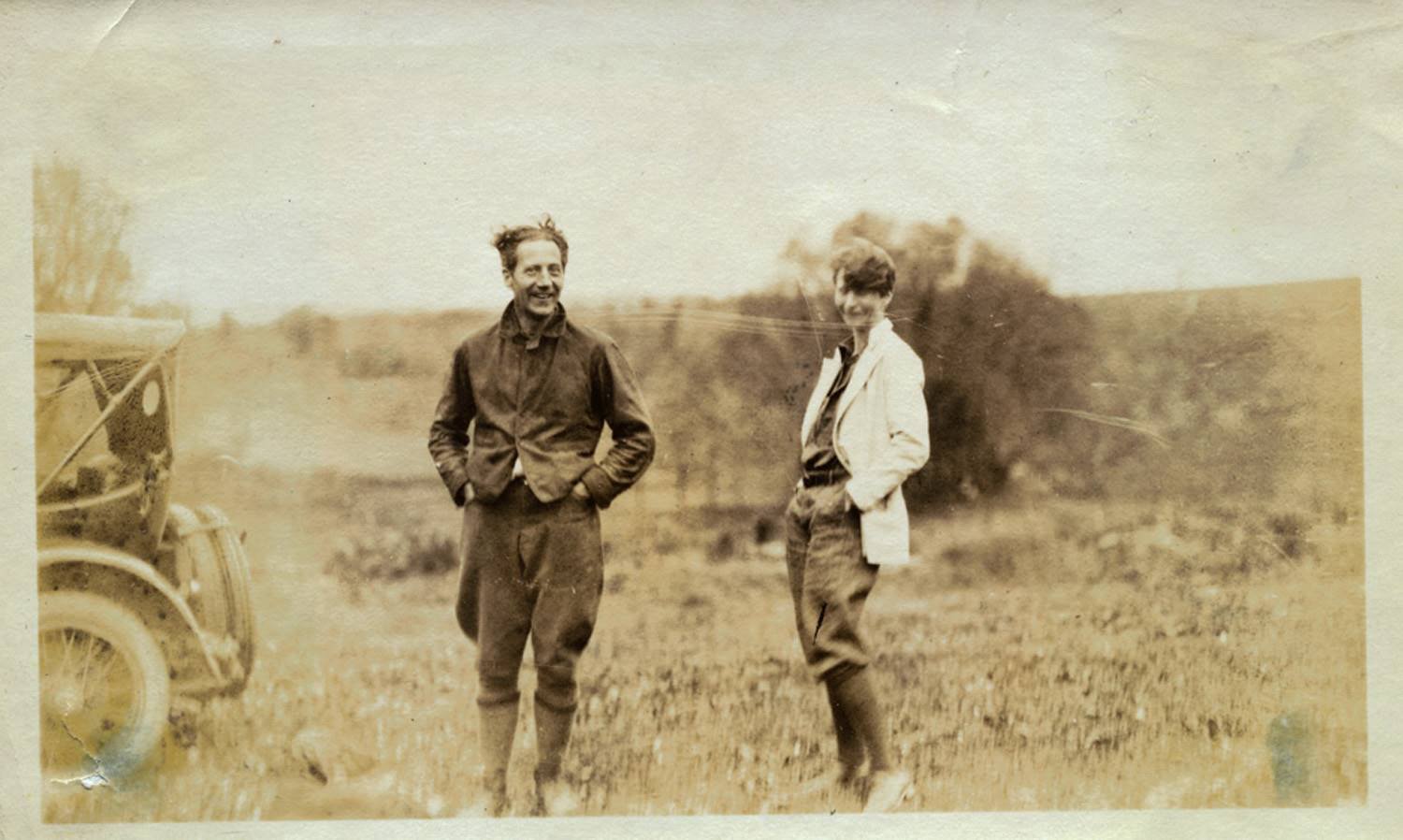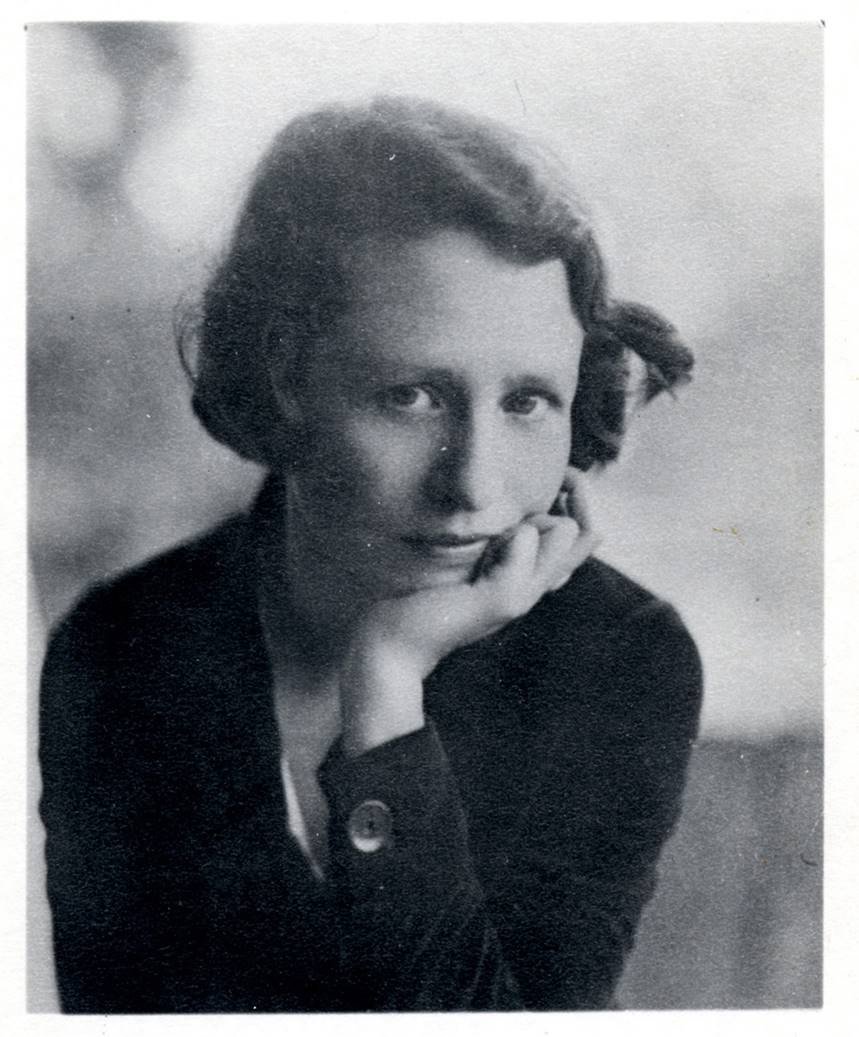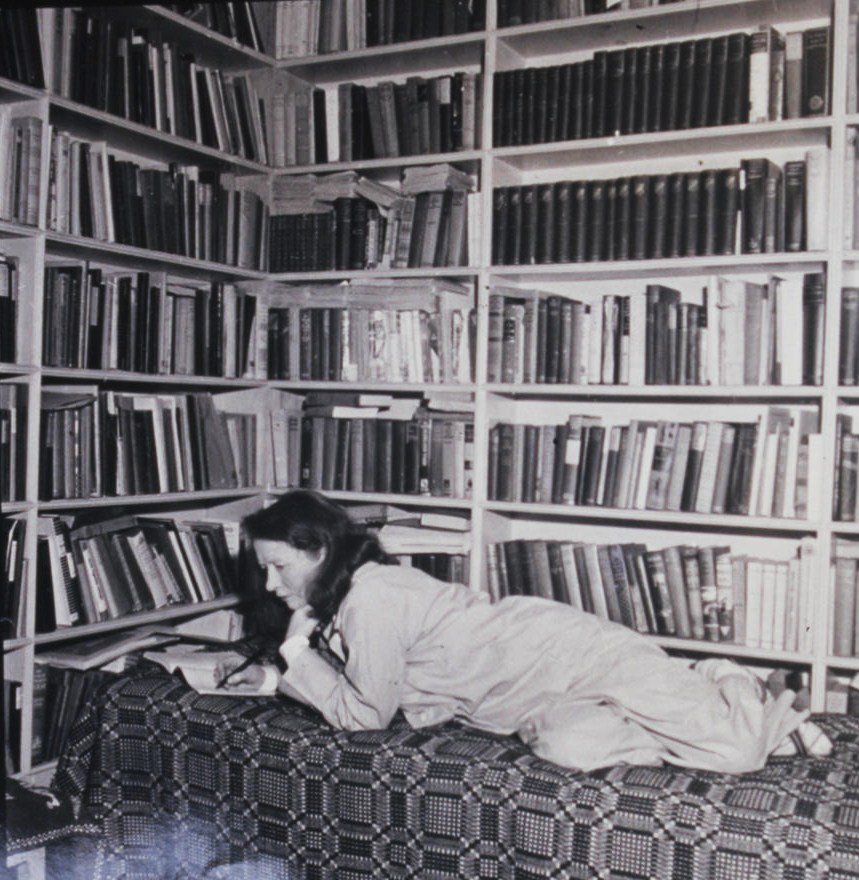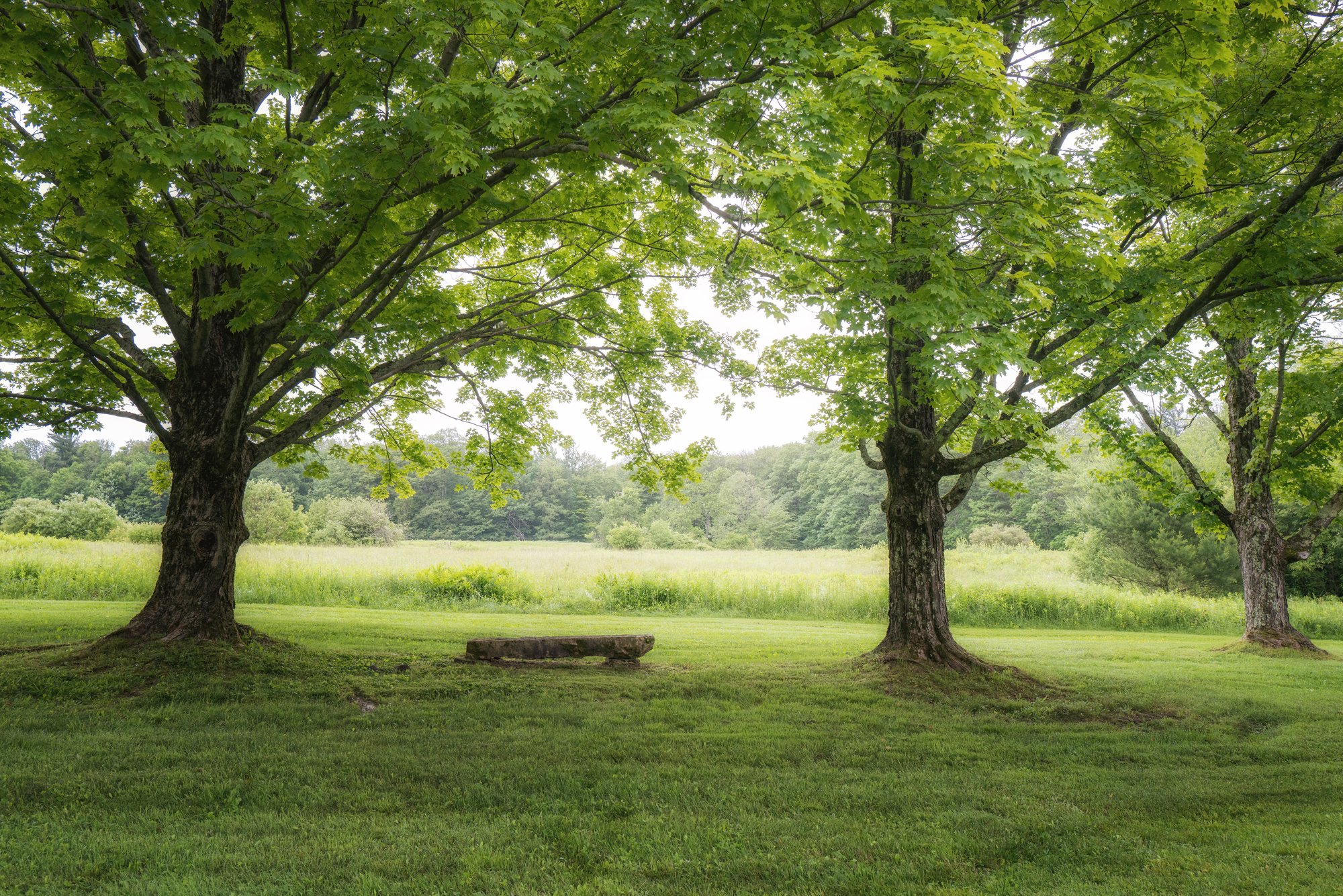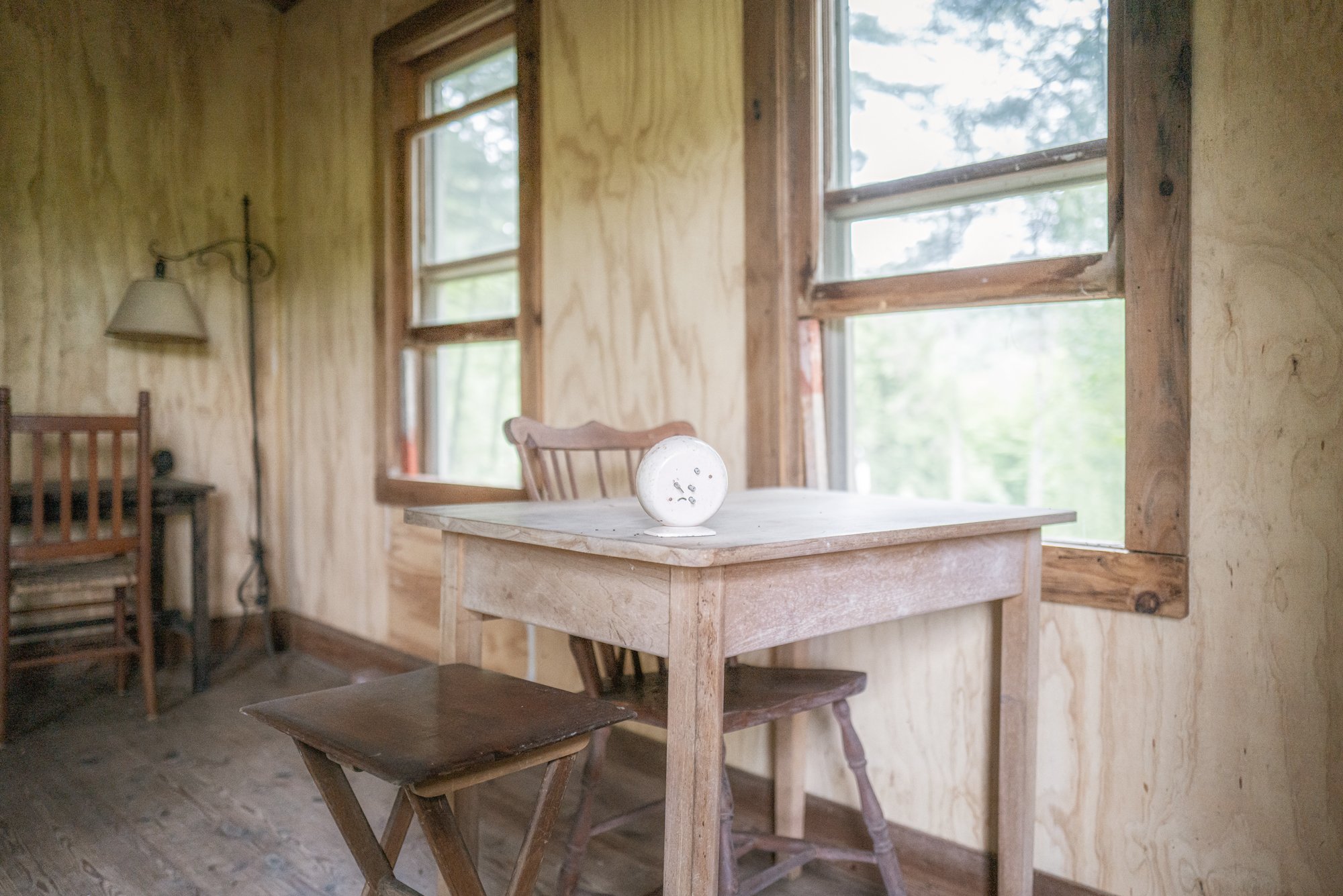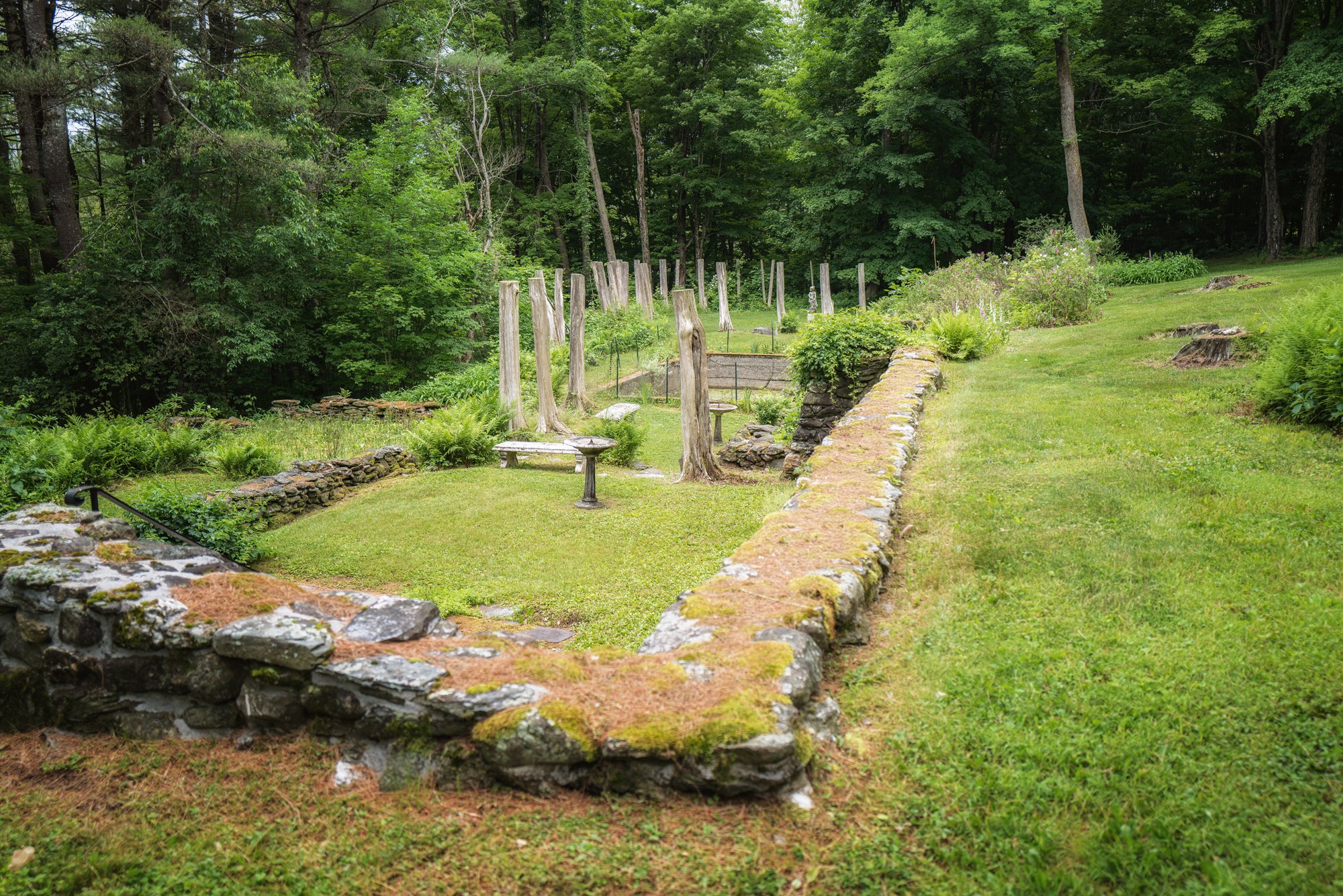Edna St. Vincent Millay’s Steepletop
THE LEGACY OF ONE EXTRAORDINARY WOMAN: POETRY, PEACE, AND PERSONAL FREEDOM
By Laura Mars
Photos by Jimmy ienner, Jr.
Historical Photos Courtesy Millay Society
From the pages of our August 2022 Issue.
Never before, perhaps, was such a sight!
Only one sky, my breath, and all that blue!
Creation blue, - world’s morning
And room too for clouds,
Long sprays of egret thin and bright
And dumpling clouds, horizon bound, thick white.
I will control myself or go inside.
I will not flawed perfection with my grief.
Handsome this day, no matter who has died.
—Edna St. Vincent Millay, unpublished lines written at
Steepletop after the death of her husband in August 1949,
reprinted with permission of Elizabeth Barnett and
Holly Peppe, literary executors, The Millay Society.
Steepletop was the farmhouse home of Pulitzer Prize-winning poet Edna St. Vincent Millay and her husband Eugen Jan Boissevain, in Austerlitz, New York. Her former home and gardens are maintained by the Edna St. Vincent Millay Society, a nonprofit organization that also holds the rights to the poet's intellectual property. Steepletop is a National Historic Landmark. The name “Steepletop" comes from a pink, conical wildflower that grows there.
In the Berkshire border town of Austerlitz, New York, sits Edna St. Vincent Millay’s Steepletop, the former 635-acre blueberry farm purchased in 1925 by Millay—one of America’s most respected poets—and husband Eugen Jan Boissevain. Looking for a refuge from Manhattan’s Greenwich Village, they fell in love with the property’s natural peace and privacy. Today, almost fully surrounded by state forest and undisturbed for decades, Steepletop is a National Historic Landmark and is pretty much how it was in Millay’s time, offering a similar refuge from the hustle and bustle of the big city and a pause from life in 2022.
To say that Millay (1892-1950) was a woman ahead of her time is an understatement. “She balked convention,” says Holly Peppe, literary executor for Millay. “Moving to Steepletop created her reputation to reverse gender roles and advocate for personal freedom.”
Indeed. She signed some of her work “Vincent.” She wrote Fatal Interview about her affair with George Dillon. She bobbed her hair. She bathed in the nude. She raised horses. She was the first woman to win the Pulitzer Prize for poetry. All things that raised eyebrows in the early 20th century.
And all things you can absolutely imagine her doing as you explore Steepletop, where she lived with Eugen for 25 years, writing, gardening, birding, and carousing. The buildings on the property—main house, guest house, barn, writing cabin, icehouse, potting shed, chicken coop—are each so perfectly settled in the landscape that they could have just sprouted from the ground. But it’s the natural beauty everywhere you look that is most breathtaking: views of Harvey Mountain, the stunningly pastoral Hidden Meadow, Firefly Field, heirloom blueberry bushes, steeplebush (from which the house takes its name), and trails that seem to just appear and beckon. If nature inspires the creative spirit, Steepletop is the motherlode of inspiration.
On August 13, Steepletop will host “Afternoon on a Hill,” a musical celebration and benefit. The grounds will be open for the first time in three years. Go to millay.org for more details.
Perhaps one of Steepletop’s most interesting sights is The Ruins, the stone foundation of an ancient barn with doors leading “into” its outdoor rooms, spring-fed fountains, and a pool where revelers swam in the nude. There was also a bar for drinking the night away, destroyed by weather not too long ago. Another spectacular sight is the former clay tennis court at the crest of a hill a short walk from the main house. Still visible are the original scoring table and stone founda- tion of the bleachers used by tournament spectators. The court is now fragrantly overgrown with wild thyme.
The Edna St. Vincent Millay Society is the nonprofit orga- nization that currently owns and maintains about 200 acres of gardens, fields, and woodlands. The grounds are cared for by live-in caretaker Prescott Haley, a seasonal gardener, and several volunteers.
“This is a gem,” says Haley of the property with genuine affection. He keeps the meadows and trails mowed, clears the overgrowth, and makes minor building repairs. He also takes special pride in maintaining the Millay Poetry Trail, a mossy path created in 2003 by Friends of the Millay Society that is punctuated with Millay’s poetry and leads to the unconvention- al family gravesites (of Millay, husband Eugen, mother Cora, sister Norma and her husband, painter Charles Ellis). Millay’s other sister, Kathleen, is commemorated there but not interred. None of the sisters had children, and family friends are long gone, so why maintain a trail that no one will use? “They are buried there,” says Haley, quietly. “It’s spiritual place.”
Peppe, Millay’s literary executor, lived at Steepletop with Millay’s sister Norma for six years working on her dissertation on Millay’s sonnets and helping Norma preserve Millay’s legacy. (Norma died in 1986.) “Millay was an extraordinary woman and poet,” says Peppe, “a complicated woman with a wide range of passions. Steepletop teaches you about her life, her inspiration, and how she was able to translate her feelings into natural imagery. I would like to see the property contin- ue to inspire artists and writers.”
The Society, which also holds the rights to the poet’s intellectual property, opened Steepletop for tours in 2010.
In 2018, they closed the prop- erty to preserve resources with plans to open it once a year. This happened once in 2019, followed by a three-year hiatus.
On August 13, Steepletop will host “Afternoon on a Hill,” a musical celebra- tion inspired by Millay’s poetry, to benefit Steepletop. Starting at 10 a.m., guests can wander through Millay’s gar- dens and fields, view the houses and out- buildings, including the barn built by the couple from a Sears kit, explore the Poetry Trail, and pay homage at the Millay family gravesites.
The Millay Poetry Trail, a mossy path created in 2003 by Friends of the Millay Society, is punctuated with Millay’s poetry.
Tours of the historic house, which looks much like it did when Millay was living there, showcase her furniture, personal arti- facts, and library with her “Silence” sign and over 3,000 volumes of poetry, classics, cur- rent novels of the period, and research books in several languages. Many of the books are personally signed by the authors to Millay, and the cataloging process is ongoing.
At 2 p.m., guests will be treated to “The Edna Project” with Liz Queler, Seth Farber, and Joey Farber, featuring musical renditions of Millay poems. That will be followed by renowned Scottish harpist Maeve Gilchrist performing from her latest CD, The Harpweaver, which was inspired by one of Millay’s poems.
Perhaps one of Steepletop’s most interesting sights is The Ruins, the stone foundation of an ancient barn.
The concert will be followed by a wine reception. Tickets are $95 for concert and reception; $125 for concert, reception, and house tour.
Recent publications have given Millay’s work a wider audience. Her diaries were published and reviewed by The New York Times this past March, and Yale is publishing a new book of her letters, due out in 2023. (In May, NPR’s Scott Simon remembered the roughly one million lost to the pandemic with a reading of Millay’s poem, “Dirge without Music.”) “It’s bringing lots of attention to her work,” says Peppe who expects a large turnout on August 13.
“Our focus is to find a partner interested in preserving the legacy of the poet, as well as the stewardship of the property,” says Vincent Barnett, Millay Society president. “After doing extensive restoration to the site over the years, we want to be sure a new partner will match our commitment to keep the site in excellent shape and make it available to the public and students as a historic and educational destination.
Steepletop is located at 440 East Hill Road in Austerlitz, New York, east of Route 22 and just over the border from West Stockbridge, Massachusetts, in the Berkshires. Go to millay.org for more information about the poet or about the August 13 benefit.
Afternoon on a Hill
I will be the gladdest thing
Under the sun!
I will touch a hundred flowers
And not pick one.
I will look at cliffs and clouds
With quiet eyes,
Watch the wind bow down the grass,
And the grass rise.
And when lights begin to show
Up from the town,
I will mark which must be mine,
And then start down!
Edna St. Vincent Millay, 1917, public domain


